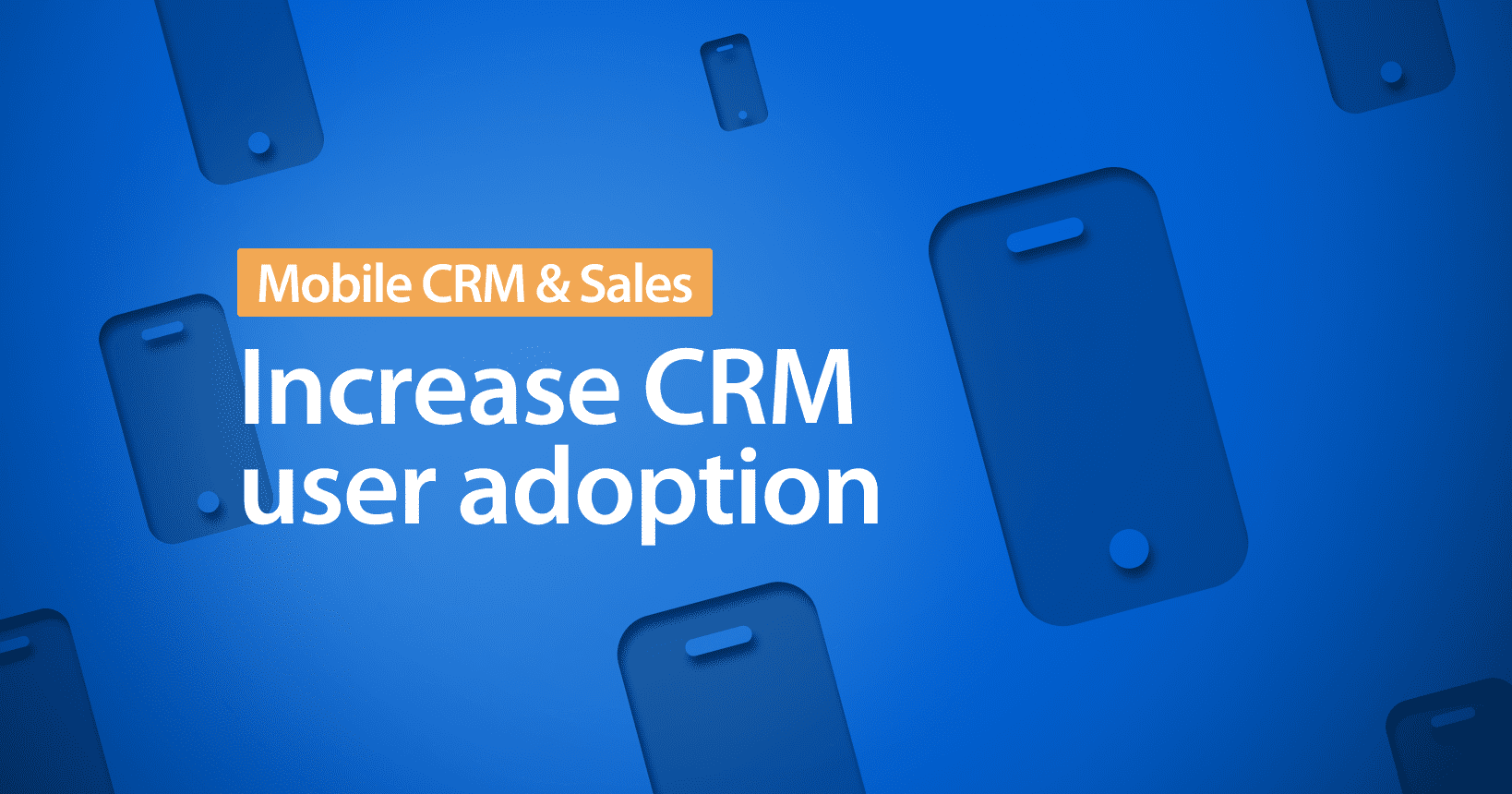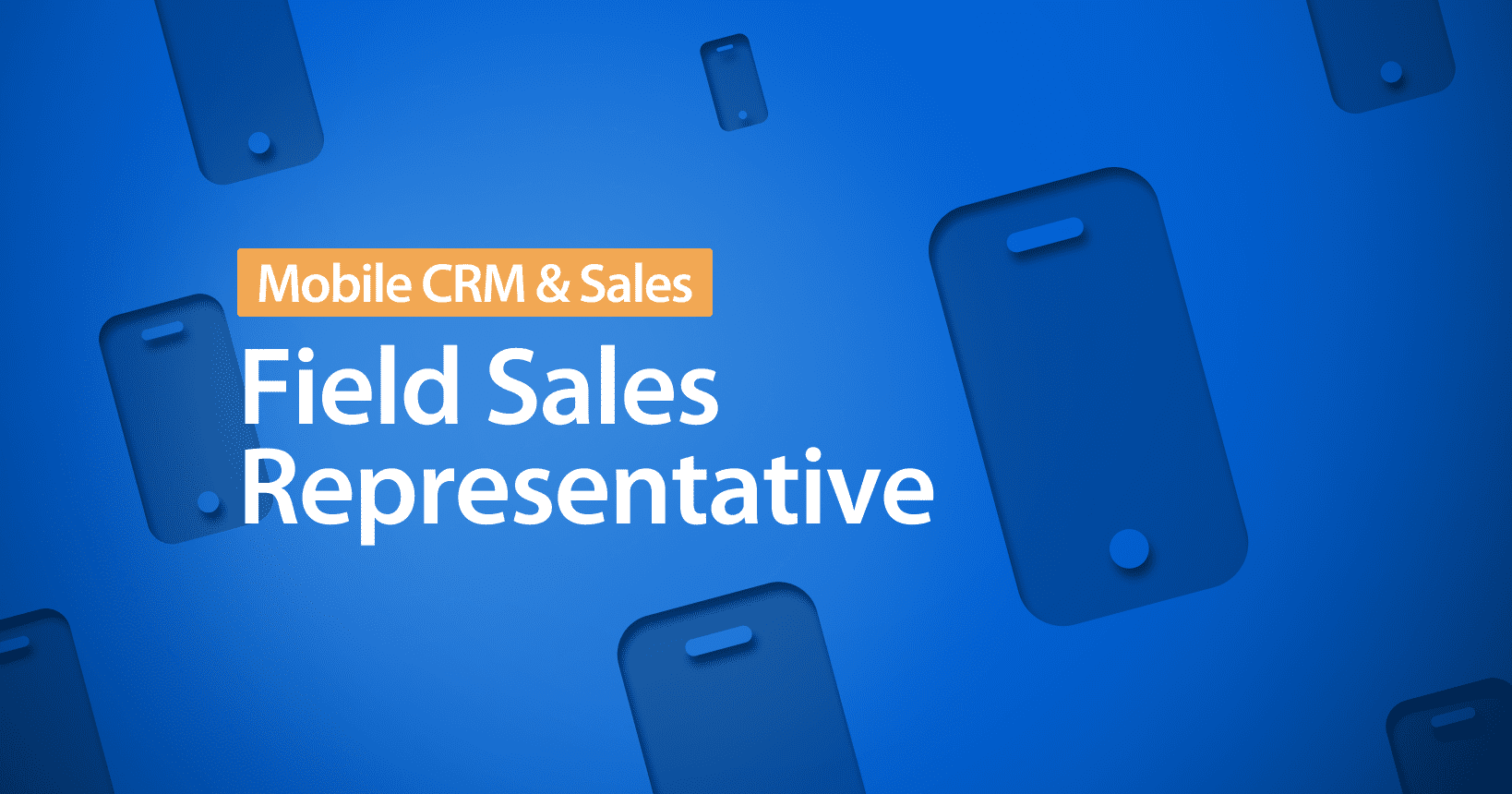- Dynamic entity supports a special writing code that will enable you to work with entities that are not yet defined.
- Business entity comes with the CRM default installation, such as account.
- Custom entity is that one you can add to the system after installation. This way, you can easier address specific needs of your company.
- System entity is used to handle all internal processes, such as workflows, or other internal jobs. You cannot delete or customize them.
Glossary for Dynamics CRM Dummies
Becoming a Dynamics CRM Pro can be tense.
The first step is to get familiar with the system. Once you start handling CRM software (whichever it may be: Resco CRM or Dynamics CRM) as niftily as if it was your car - you can call yourself a CRM Pro.
Whether it is a Dynamics CRM software or a simple guitar. You can spend years with it, but there will always be something new to learn. When talking CRM, we are talking about tons of functions and features that are unknown to a mere mortal. There comes dozens of strange terms hand in hand with them. CRM created a complete new language.
That’s why we thought, why not to give you a free glossary of some of the most common terms used in the world of CRM? And this one goes for an absolute Dynamics CRM freshman too - I dare to say this is a must-read for everyone.
CRM (Customer relationship management) can be compared to a vital nerve center or a storage.
It is able to manage the connections that happen in your growing business. It makes for a perfect place where you can store customer contact information, accounts, leads or sales opportunities.
CRM as a phrase by itself is a simple approach to manage relationships with customers. But, to be more practical and real - it is the set of many applications that company uses. And therefore, more likely, you will run into one of the three: Dynamics CRM software, CRM system, CRM solution.
What Dynamics CRM solutions do we recognise?
On-premise CRM (or "on-prem" software)
As you would have guessed this one runs on computers on the premise of the person or organization. This could be the best for those who prefer using the software, rather than at a remote facility.
Cloud CRM or SaaS
Saas is great for you, if you trust online storages because this software stores the data of your company online. That saying, you do not have to install or maintain anything. All they need is a link to use the system.
Social CRM
Attention to all the social media lovers. Social CRM focused on the interaction, engagement and transaction with customers via social media channels; such as Facebook, Twitter, Instagram...
Ok, now when you have already chosen the Dynamics CRM solution, you are happy to dive in it.
Account is how we call a person or a business to which the salesperson tries to sell a product or service. It can also be your partner or anyone who is a part of our business interactions.
Activity describes some kind of action. From tasks to emails, phone calls, to appointments and service activities.
Contact can be somebody who buys the products or services or is somehow involved in a business transaction.
Dashboard is your homepage and usually the first thing that pops up when you open CRM. It is very easy to customize, so you can have all that matters to you in one place.
Entity is alpha and omega of your Dynamics CRM software. How can the entity look and act like:

